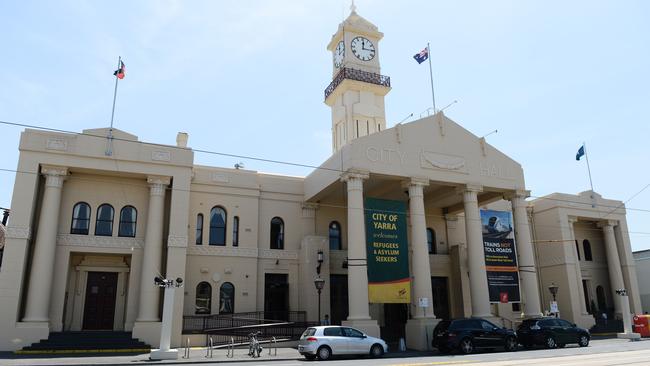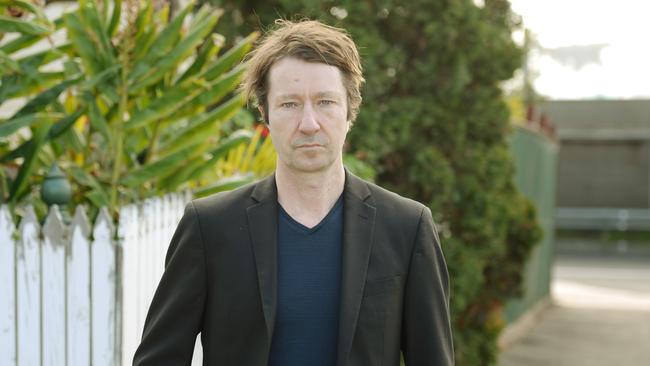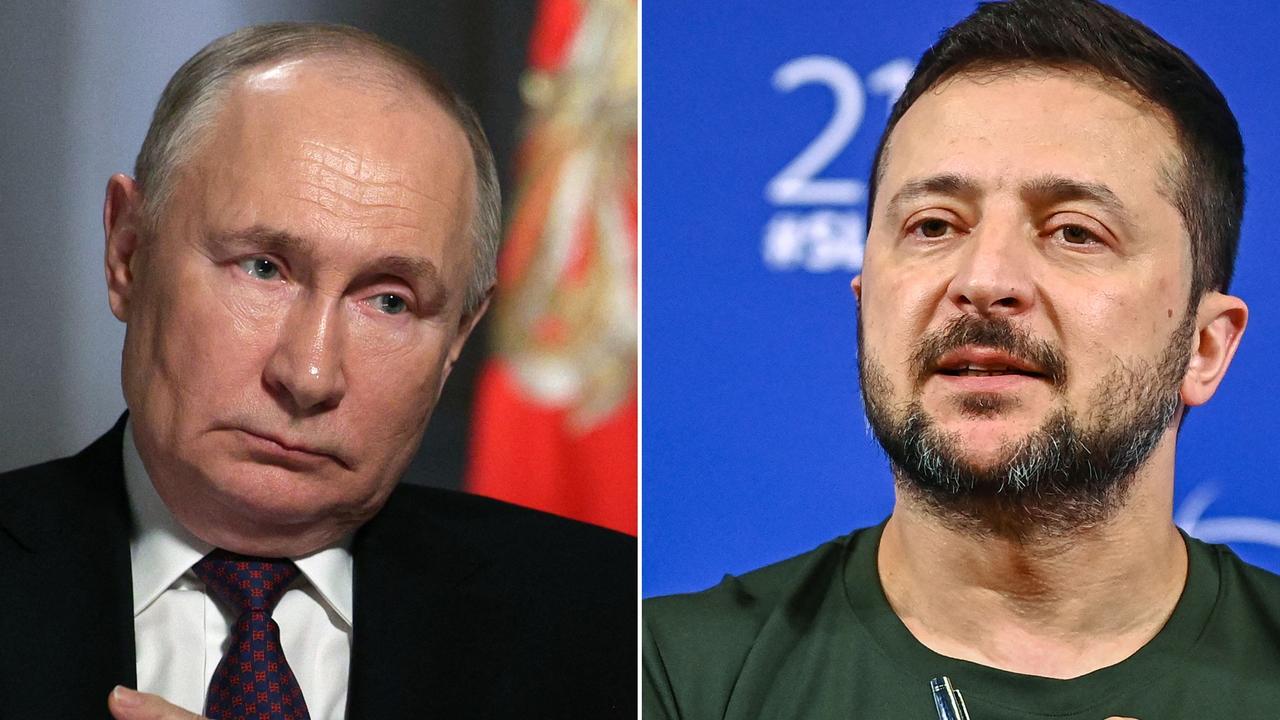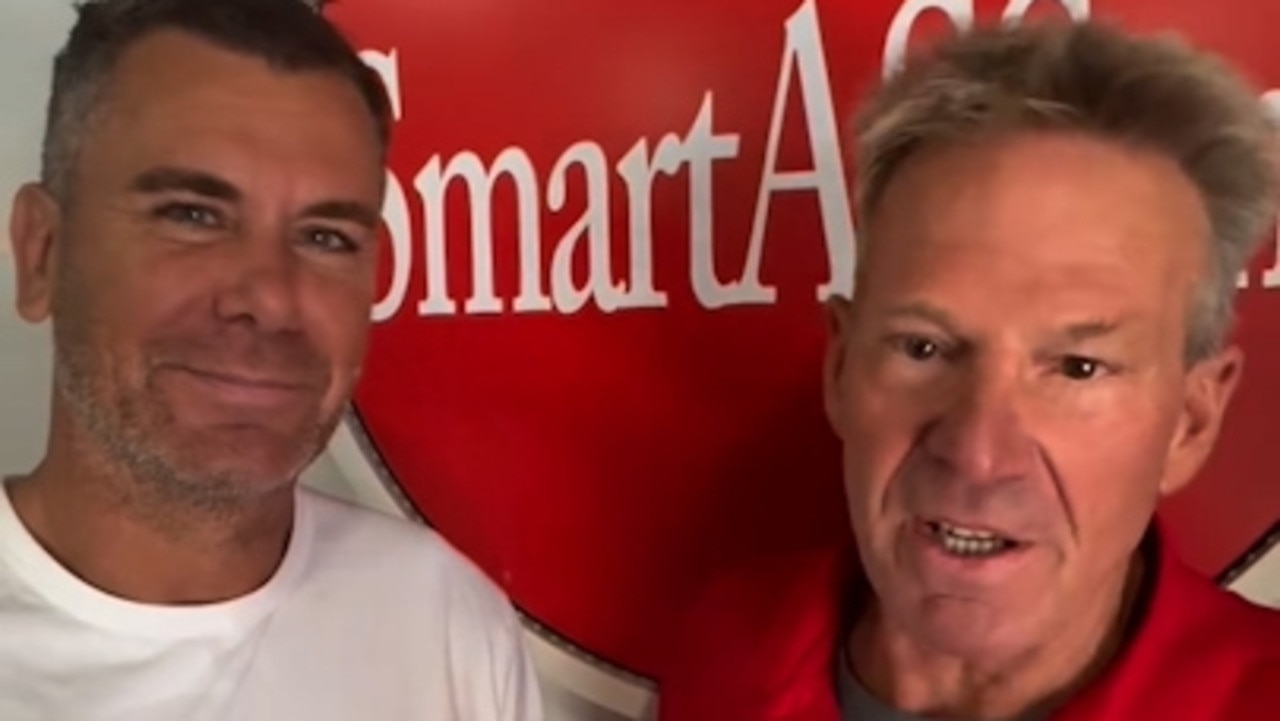Yarra Council slammed for ‘sneaky’ vote to cut regular meetings
Three Yarra City councillors have sparked a review of plans to cut council meetings after the move was labelled “undemocratic”.

Victoria
Don't miss out on the headlines from Victoria. Followed categories will be added to My News.
Three councillors at inner-city Yarra Council have triggered a review of controversial plans to have fewer council meetings.
A motion has been placed to rescind the move by Greens’ Deputy Mayor Edward Crossland to reduce the number of public meetings held by the Greens-run council.
Councillors voted 5-1 in favour of the plan which was branded “undemocratic”.
But independent Stephen Jolly, Socialist Bridgid O’Brien and Greens councillor Amanda Stone have all backed the rescind motion, which will prompt an extraordinary meeting and a new vote, to be held online on Friday.
Cr Stone, who is overseas and absent from Tuesday’s meeting, has indicated she will oppose the move put forward by her Greens colleague.
Cr Jolly applauded Cr Stone’s stance,
“I thank Cr Stone for putting what’s right ahead of party interests.’’ he said.
The controversial Greens-led council had voted to slash its regular council meetings in a move labelled “sneaky and anti-democratic”, which led to calls for state government intervention.
By a 5-1 margin on Tuesday night, the inner-Melbourne Yarra Council voted to reduce council meetings to once a month. Before the Greens took over the council in 2020, the City of Yarra would meet once a fortnight.
“In that two-year period, they have reduced the number of council meetings by 50 per cent,” Cr Jolly told the Herald Sun.
“People would say this was anti-democratic and hit the streets if this was any other parliament around the world.
“They presented this motion during the meeting and there was no warning given to the community or other councillors.”
Two councillors were not present at the meeting and were unable to vote on the motion, which was presented on Tuesday night.

In an email circulated to councillors at 8.40pm, Yarra Council Deputy Lord Mayor Edward Crossland wrote: “Apologies for circulating this late in the day – it’s taken a bit of working to get the dates all right!” He said the “alternative way forward” would involve an alternation of “informal meetings/engagement events.”
In an email sent to Yarra Council CEO Sue Wilkinson, he said “no warning was given to all Councillors about this important reduction of decision-making Council meetings and this is by definition is anti-democratic.”
He has attracted the support of one councillor but will need the backing of one more before 10pm on Wednesday night or the “notice of rescission lapses”.
Residents groups have already called on the state government to take action.
In an email sent to Minister for Local Government Melissa Horne, Yarra Residents Collective Founder Adam Promnitz called on her office “to step in and provide the leadership, maturity and governance which the Mayor and those councillors who supported this motion were unwilling and probably unable to provide”.
He said Yarra Deputy Mayor Edward Crossland raised the alternative motion with the knowledge that two councillors who would dissent were absent and had no ability to reply.
“This is anti democratic. This is against all values of good governance and transparency. This conduct is wrong and unethical. This is possibly the most reprehensible act yet in the sordid history of this current council,” Mr Promnitz wrote.
Yarra Council has been embroiled in several controversies since the Greens came to power in 2020.
This has included a “cash grab” on struggling local businesses and controversy surrounding rubbish collection.
In September, the council voted to restrict public participation in its meetings and installed a barrier which separated councillors from ratepayers which was dubbed “the Great Wall of Yarra”.
The council’s performance was also considered so poor that a municipal monitor was appointed to manage the administration.
Yarra Deputy Lord Mayor Edward Crossland said the changes would lead to greater community engagement, not less.
“This is about increasing community access to counsellors and creating more informal opportunities for the community to engage with council,” he said.
“So when we come to a council meeting or decision making forum, we will have a more informed position.”
Cr Crossland said it was “normal practice” to introduce alternative motions into council meetings without notice.
He added: “If [the absent councilors] felt passionately about the matter, you would have thought that they would have been in a chamber for this actual decision, knowing that this was the last Council meeting of the year where this decision had to be made.”




